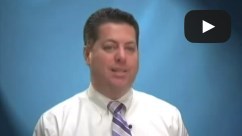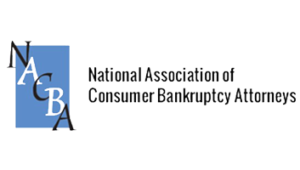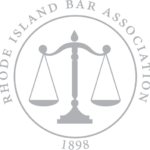Top 7 Reasons To File Chapter 7 vs Chapter 13
Here are the 7 most common reasons to file a Chapter 7 bankruptcy instead of a Chapter 13 bankruptcy.
A Unique Opportunity: Second Mortgages in Chapter 13
A Chapter 13 bankruptcy may allow you to strip off an unsecured second mortgage on your home. Consult a qualified bankruptcy lawyer to discuss this option.
How To File a Chapter 7 Bankruptcy Petition

Chapter 7 bankruptcy timeline helps explain how a typical bankruptcy works.
Which Debts To Pay First
Not all debts are created equal. Don’t waste your limited resources paying down credit card debt, when you need to keep current on your house mortgage and car loan. Prioritize your debts based on secured versus unsecured.
“How Much Do You Charge To File Bankruptcy”
What does a Rhode Island Bankruptcy Cost? An experienced bankruptcy lawyer should quote you a fee tailored to the complexity of your case. There is no one-price-fits-all because every case is different. Be skeptical of any attorney who quotes you a fee without first taking the time to understand your situation.
Bankruptcy for RI Seniors
Bankruptcy Relief For RI Seniors “An increasing number of Americans aged 65 and older are declaring bankruptcy,” writes Reuters in a recent report. “Those aged 65 and older represented seven percent of bankruptcy filers in 2007, a mind-boggling jump from 1991. They are easily the ‘fastest-growing age demographic…’” The sad fact is that many older […]
Choosing the Best Rhode Island Bankruptcy Lawyer
The best RI bankruptcy lawyer devotes his practice exclusively to Rhode Island bankruptcy work, handles your case himself, provides good communication, and charges a fair fee.
14 Lies About Bankruptcy
RI Bankruptcy lawyer separates fact from fiction concerning filing bankrupty. Those struggling with unpayable debt should learn more about bankruptcy relief.
Rhode Island Bankruptcy Law: Myths vs Reality
RI bankruptcy laws protect property and restore order to financial chaos. Ignore myths and debt settlement scams and consult a qualified RI bankruptcy lawyer.




